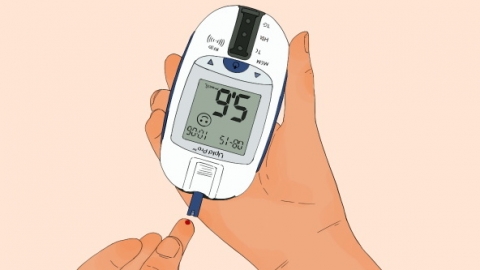Is a urine glucose level of 3+ severe?
Generally speaking, a urine glucose level of 3+ is relatively serious. If you experience any physical discomfort, it is recommended to seek medical attention at a hospital as soon as possible and follow the doctor's instructions for treatment. The specific analysis is as follows:

Urine glucose refers to glucose present in the urine. In healthy individuals, urine glucose should be negative. Glucose may appear in the urine only when blood glucose exceeds 160–180 mg/dL, leading to glycosuria. A urine glucose result of 3+ generally indicates a significant amount of glucose in the urine, suggesting a possible diagnosis of diabetes, which is usually considered quite serious. In such cases, it is advisable to complete additional tests—such as a complete blood count and an oral glucose tolerance test—to confirm whether diabetes is present.
If diabetes is diagnosed, patients should pay attention to their diet by reducing intake of high-sugar and high-carbohydrate foods, drink plenty of water, and take medications as prescribed by a doctor, such as glipizide dispersible tablets, repaglinide dispersible tablets, or acarbose capsules. Additionally, regular moderate exercise, such as running or playing sports, can also help improve the condition.
In daily life, maintain a light diet and avoid spicy or irritating foods such as garlic, spicy hot pot, and mustard. Adequate rest is important, and excessive fatigue should be avoided to prevent adverse effects on overall health.





